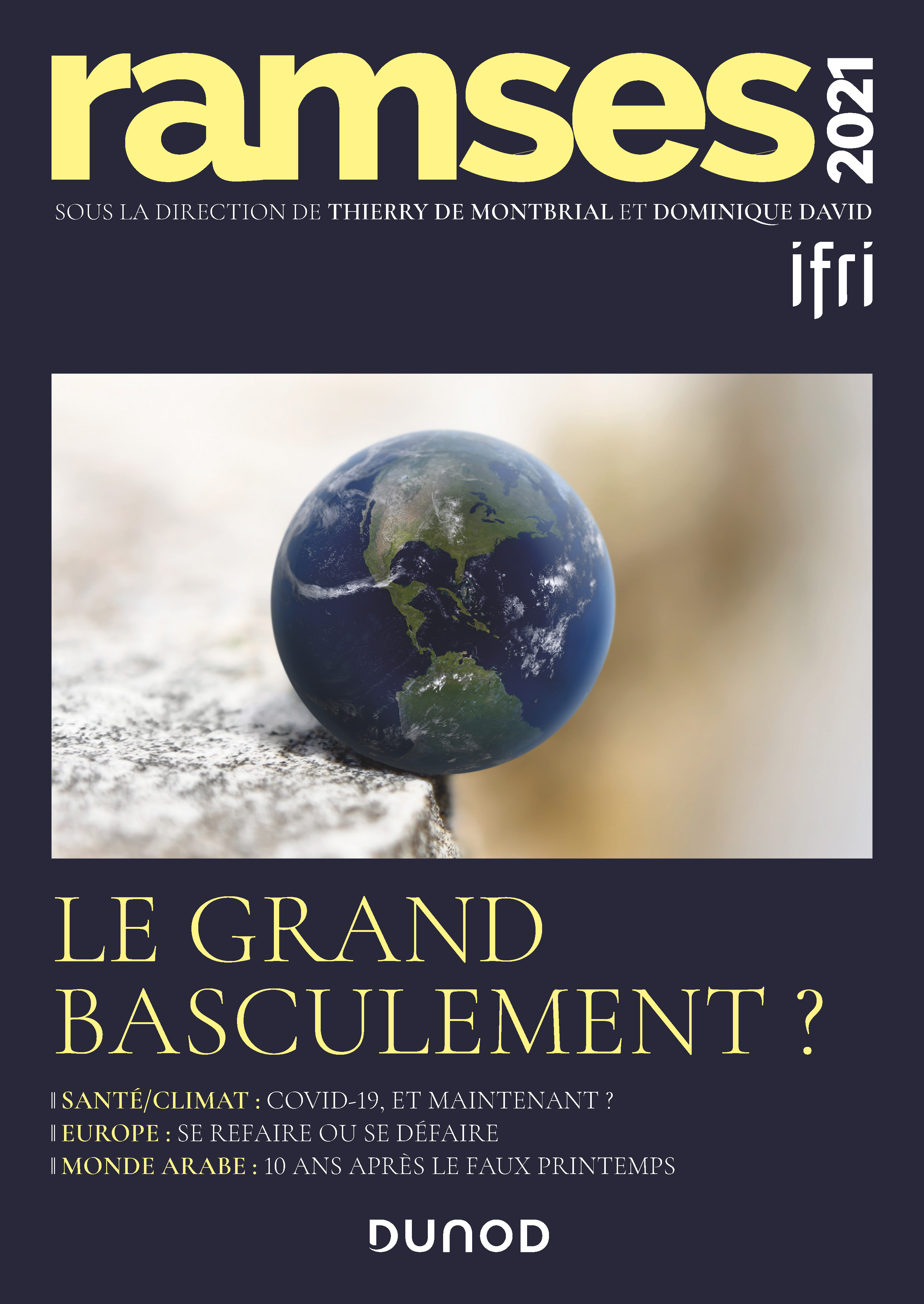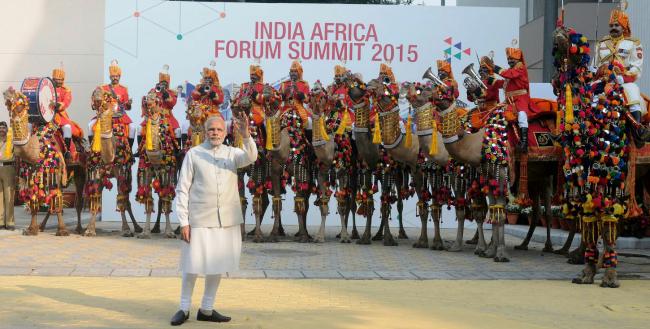India’s Development Strategy with the Pacific Island Countries. Killing Two (or More) Birds with One Stone
Prime Minister Narendra Modi’s maiden visit to Papua New Guinea (PNG) on May 20-21, 2023, is a testament to India’s international positioning and search for a global role. In Port Moresby, Modi co-chaired the third Forum for India-Pacific Islands Cooperation (FIPIC) and announced a series of steps to enhance development cooperation with its partners of the South Pacific. India’s outreach to the Pacific Island countries (PICs) was clearly in line with its G20 presidency and its campaign to be the leading voice of the Global South.
India–East Africa: A Not So Healthy Relationship?
Due to historical as well as geographical reasons, India and East Africa have long been close partners. In the recent period however, and even more so since the early 2000s, these ties have tightened as a result of combined efforts by the government of India and its business community.

RAMSES 2022. Beyond Covid
For its 40th edition, RAMSES 2022. Beyond Covid, written by Ifri's research team and external experts, offers an in-depth and up-to-date analysis of geopolitics in today’s world.
Towards Health for All in Côte d'Ivoire? The Universal Health Coverage as a Means to Redefine the State and to Legitimize the Regime
Based on a field survey carried out in Côte d'Ivoire as part of the research program “Faire des politiques publiques en Afrique”, the author questions the genesis of Universal Health Coverage (UHC) in the field of global health and its appropriation in the Ivorian context.
Towards the Second Crusade?
Europeans first grew aware of a possible pandemic exactly one year ago. The wave is here. It has submerged the world, claiming many lives and causing tremendous collateral damage.

RAMSES 2021. At the Edge?
RAMSES 2021. At the Edge?, written by Ifri's research team and external experts, offers an in-depth and up-to-date analysis of geopolitics in today’s world.

Ebola: A Post-colonial Epidemic
One reason Ebola has been so difficult to contain is that it emerged in countries marked by poverty and violence.

International Health Cooperation Abolished by Ebola?
Since 1976, there have been twenty-five recorded epidemics of the Ebola virus. The 2014 outbreak is the most serious.
Restoring Health Care and Welfare Services after the Great East Japan Earthquake
Ifri and the Canon Institute for Global Studies are launching a series of policy papers presenting the analyses of senior Japanese researchers on how the triple disasters that hit the archipelago last March have impacted Japan's economic, environmental and energy policies as well as country's crisis management system.
Making Sense of One Health: Cooperating at the Human-Animal-Ecosystem Health Interface
This study aims at showing and making sense of the One Health approach, according to which it is impossible to defeat infectious disease without working at the interface between human health, animal health and the environment.
India’s Development Strategy with the Pacific Island Countries. Killing Two (or More) Birds with One Stone
Prime Minister Narendra Modi’s maiden visit to Papua New Guinea (PNG) on May 20-21, 2023, is a testament to India’s international positioning and search for a global role. In Port Moresby, Modi co-chaired the third Forum for India-Pacific Islands Cooperation (FIPIC) and announced a series of steps to enhance development cooperation with its partners of the South Pacific. India’s outreach to the Pacific Island countries (PICs) was clearly in line with its G20 presidency and its campaign to be the leading voice of the Global South.
Hospital Chains in India: The Coming of Age?
In many countries, the provision of hospital care is turning into an industry with the increasing presence of large corporate hospital chains. Along with public agencies and small private operators, corporations are now investing in the Indian hospital sector.
Since the 1980s, health sector reforms and the liberalization policy in India have created new profit-making opportunities in the health care market for local and international corporations. A new pro-market regulatory environment has helped private corporations to invest in the hospital sector.
Support independent French research
Ifri, a foundation recognized as being of public utility, relies largely on private donors – companies and individuals – to guarantee its sustainability and intellectual independence. Through their funding, donors help maintain the Institute's position among the world's leading think tanks. By benefiting from an internationally recognized network and expertise, donors refine their understanding of geopolitical risk and its consequences on global politics and the economy. In 2025, Ifri supports more than 80 French and foreign companies and organizations.










